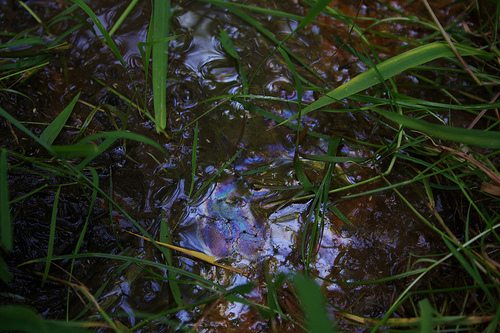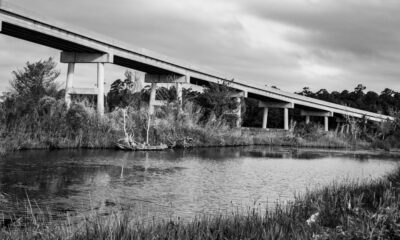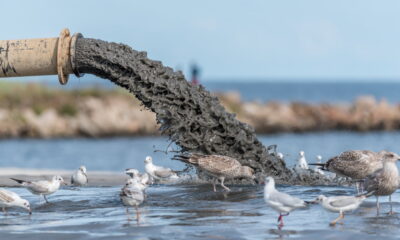

Environment
Ceres: fracking in arid regions poses investors long-term water risks
Responsible investment network Ceres has warned of the risk of water scarcity linked to the water-intensive shale gas extraction method fracking – particularly in arid regions of North America.
According to a new report, companies and investors involved in the industry in the US and Canada should be aware of the potential risks when the practice is done in a water stressed region. These are places where more than 80% of the available water is already allocated for agricultural, industrial and municipal water use.
“Hydraulic fracturing is increasing competitive pressures for water in some of the country’s most water-stressed and drought-ridden regions”, said Ceres president Mindy Lubber.
“Barring stiffer water-use regulations and improved on-the-ground practices, the industry’s water needs in many regions are on a collision course with other water users, especially agriculture and municipal water use.”
She added, “Investors and banks providing capital for hydraulic fracturing should be recognising these water sourcing risks and pressing oil and gas companies on their strategies for dealing with them.”
Some regions in Texas, Colorado and California, for instance, might be affected by long-term water sourcing risks, as they frequently experience groundwater depletion or drought. In Colorado and California, almost the all fracking wells are located in regions with high water stress.
On average, a well requires between 11,000-30,000 cubic metres of water during its lifetime, an amount that could impact heavily on the smaller communities. Resource use and the risk of water contamination by chemicals are just two of the concerns associated with fracking.
Ceres suggests that investors and companies should work to disclose water risks and usage in the shale gas industry, and implement strategies to minimise such risks, as well as reducing water consumption.
Further reading:
Fracking poses ‘serious threat’ of water contamination, says report
Fracking could increase likelihood of major earthquakes, say scientists
Can shale gas solve Europe’s energy and climate challenges?
52% of global population to live in ‘water-stressed areas’ by 2050


 Environment12 months ago
Environment12 months agoAre Polymer Banknotes: an Eco-Friendly Trend or a Groundswell?

 Features11 months ago
Features11 months agoEco-Friendly Cryptocurrencies: Sustainable Investment Choices

 Features12 months ago
Features12 months agoEco-Friendly Crypto Traders Must Find the Right Exchange

 Energy11 months ago
Energy11 months agoThe Growing Role of Solar Panels in Ireland’s Energy Future





























